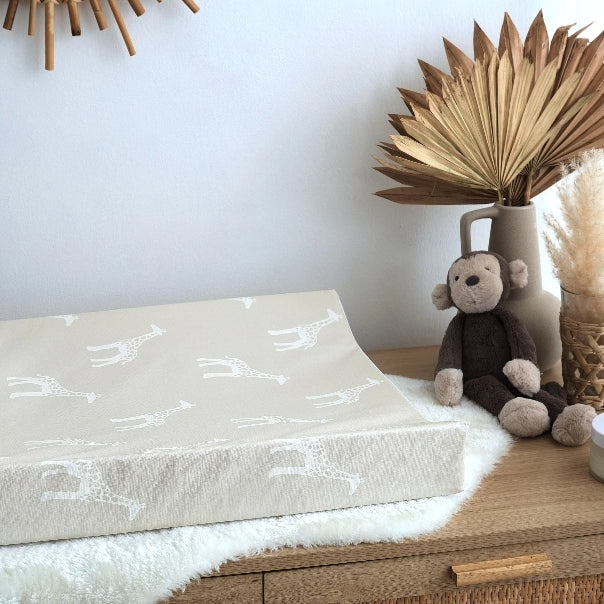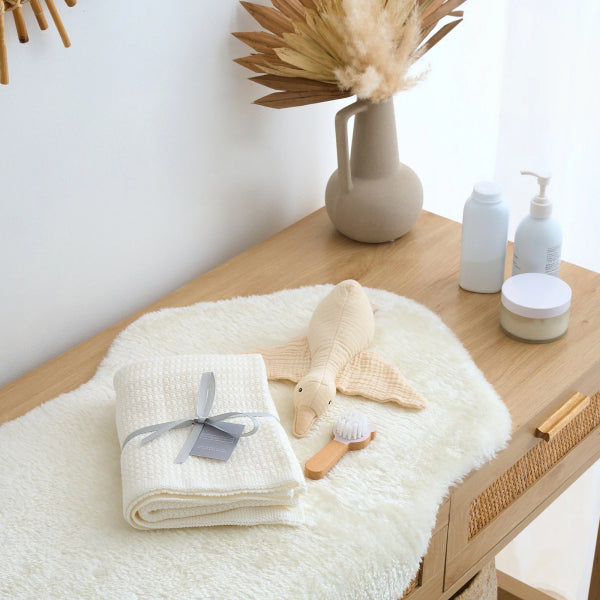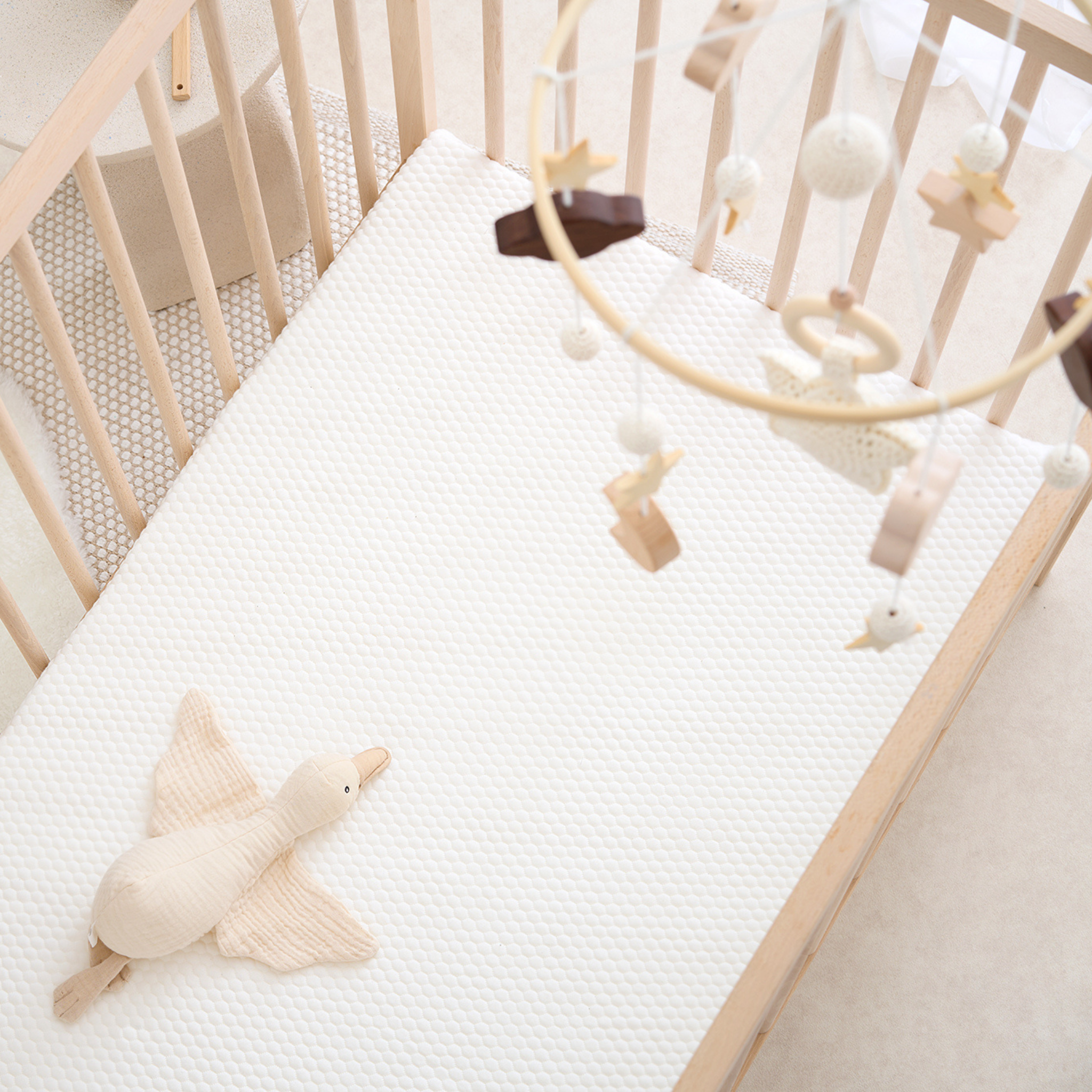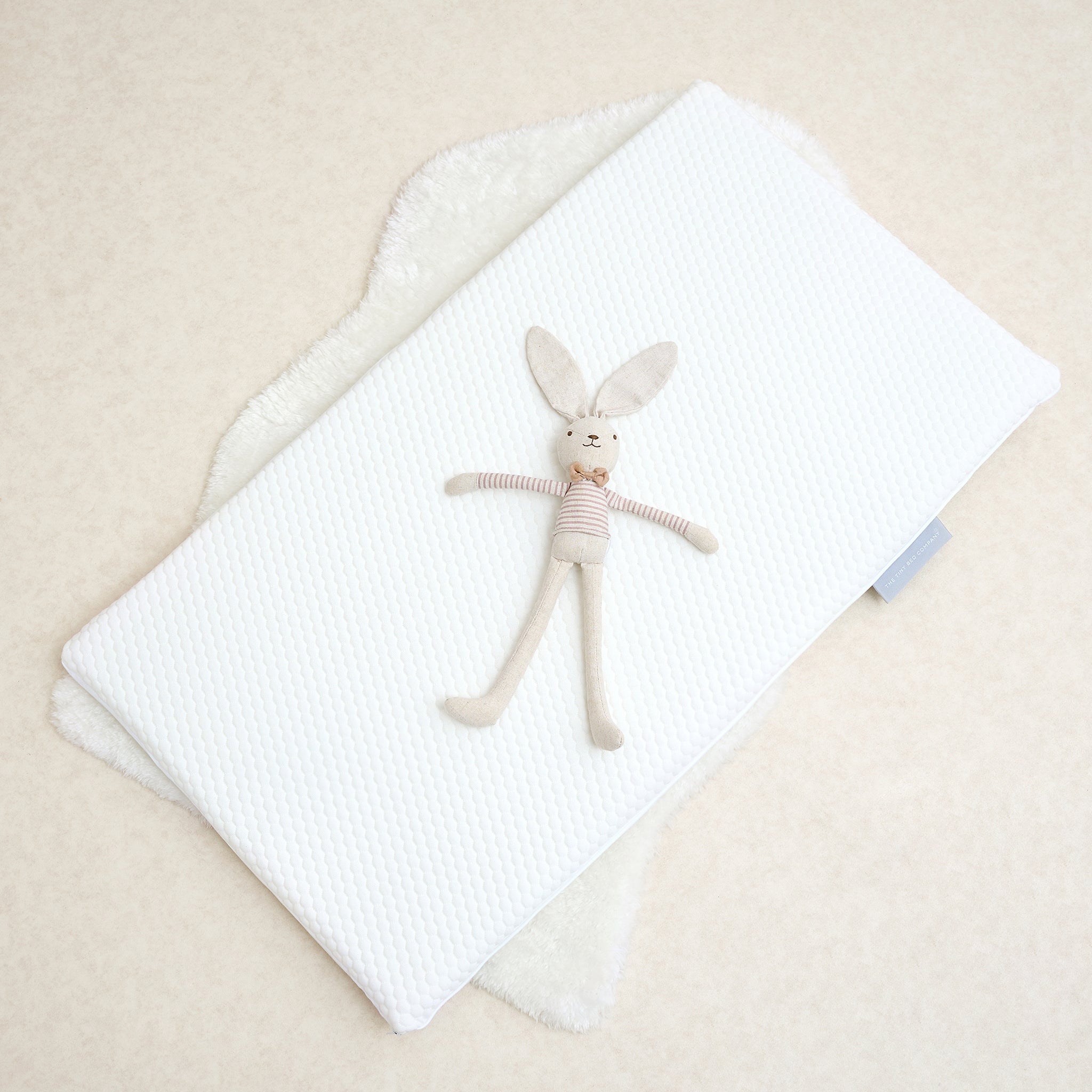Advice for Parents of Toddlers
Parents, we hear you! Understanding your toddler’s ever-changing emotions and personality can be quite a challenge. The toddler years are a magical yet demanding phase for any parent. Toddlers experience intense feelings that they struggle to understand and manage. In just a few short years, they transform from babies into little people discovering the world for the first time—whether it’s interacting with other children, learning to speak, mastering the use of a knife and fork, enjoying holidays, or swimming. For them, even the smallest things can seem monumental, as if their whole world revolves around it.
Here are some tips that might help you navigate those tougher days:
-
Reassess Bedtime: Most toddlers will do almost anything to avoid going to bed. A request for “just one more minute” can quickly turn into an hour of procrastination. If you find yourself battling with a wide-awake, hyperactive, and overly sensitive toddler well past their bedtime, try starting their bedtime routine earlier. Even a half-hour adjustment can make a difference. Though it might seem counterintuitive, putting them to bed by 6 or 6.30 pm can prevent them from becoming overtired and experiencing what’s sometimes referred to as ‘baby red bull’—the release of cortisol that keeps them alert. By avoiding this, you can achieve a smoother bedtime routine. Planning ahead for this change will set you up for success.
-
Embrace Water Play: Toddlers adore water. Whether it’s a bubbly bath, a bucket of water for a ‘car wash’ in the garden, or using a paintbrush to ‘paint’ the garden patio, water is like magic for them. It can be a wonderful and easy way to stave off boredom and ease frustration.
-
Understand Tantrums: Tantrums are a normal part of development. They’re your toddler’s way of grappling with their feelings and the world around them. Instead of seeing them as a power struggle, approach them with empathy. If a friend came to you upset, you wouldn’t shout at them or tell them to calm down; you’d offer support and comfort. Extend the same kindness to your toddler. They see you as their safe space, and your unconditional love means everything to them.
-
Get Down to Their Level: When communication is tough, kneel or sit at your toddler’s level. This can help make interactions feel more collaborative rather than confrontational.
-
Avoid Comparisons: Every child develops at their own pace. Comparing your child’s milestones to others can lead to unnecessary stress. Rest assured, they will reach their milestones—whether it’s using a knife and fork or becoming toilet trained—when they’re ready.
-
Accept the Mess: A house that looks like a whirlwind has passed through it is a sign of a toddler at play. It’s completely normal for your home and car to be in disarray. Involve your toddler in tidying up; they love having tasks and feeling part of a team. While it might take longer, it’s an opportunity to teach them valuable lessons and spend quality time together.
-
Go for a Walk: Regardless of the weather, fresh air is beneficial for both of you. A stroll in the garden, a trip to the park, or a simple walk can boost your mood and help burn off excess energy.
-
Be Prepared for Fussy Eating: Toddlers often have fluctuating appetites. One day they might eat everything in sight, and the next, hardly anything at all. This variability is normal and part of their development.
-
Connect with Other Parents: Building friendships with other parents who have children of a similar age can provide reassurance and support. You’re not alone in your struggles. Listening to parenting podcasts during a walk can also help you feel part of a community and provide a bit of humour along the way.
-
Don’t Worry About Guilt: After a challenging day, once your toddler is asleep, it’s common to feel a pang of guilt. Remember, your concern about being a good parent is a sign of your dedication. Your child adores you and you are their entire world.
Feel free to share this with fellow toddler parents who might find it helpful!




























